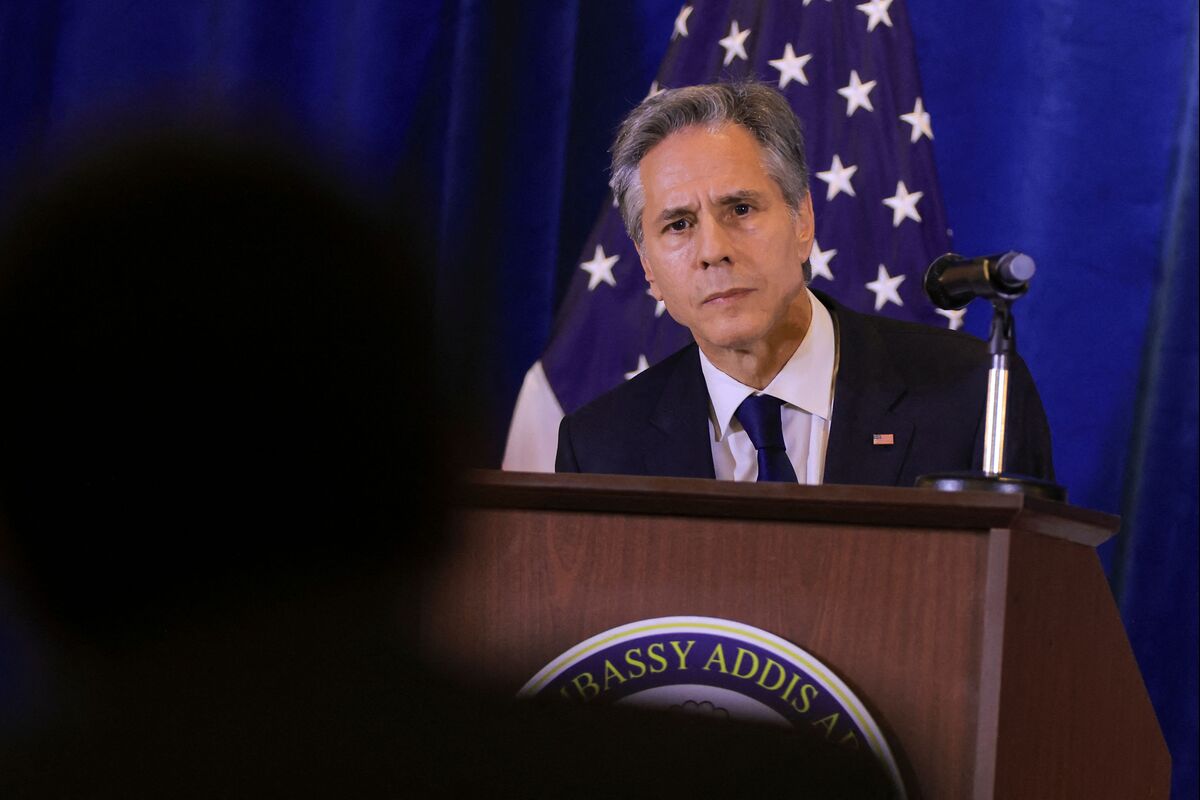 Significant human rights abuses were recorded in Sri Lanka in 2022, the US State Department said in its annual Country Reports on Human Rights Practices released by US Secretary of State Antony J. Blinken.
Significant human rights abuses were recorded in Sri Lanka in 2022, the US State Department said in its annual Country Reports on Human Rights Practices released by US Secretary of State Antony J. Blinken.
The 2022 Country Reports on Human Rights Practices noted there were reports that members of the security forces, primarily police, committed numerous abuses.
From March through July the country experienced civil unrest driven by an economic crisis including power cuts, soaring food prices, and a fuel shortage. Demonstrations called for the resignation of then President Gotabaya Rajapaksa and other Rajapaksa family members from government leadership, as well as for political and economic reforms.
Significant human rights issues included credible reports of: unlawful and arbitrary killings, including extrajudicial killings; torture and cruel, inhuman, or degrading treatment or punishment by the government; harsh and life-threatening prison conditions; arbitrary arrest and detention; transnational repression against individuals in other countries; serious problems with the independence of the judiciary; arbitrary and unlawful interference with privacy; restrictions on freedom of expression and media, including violence and threats of violence against journalists, unjustified arrests of journalists, and censorship; serious restrictions on internet freedom; substantial interference with the freedom of peaceful assembly and freedom of association, including overly restrictive laws on the organization, funding, or operation of nongovernmental organizations and civil society organizations; restrictions on freedom of movement; serious government corruption; serious government restrictions on or harassment of domestic and international human rights organizations; lack of investigation and accountability for gender-based violence, including but not limited to domestic and intimate partner violence and sexual violence; crimes involving violence targeting members of national, racial, and ethnic minority groups; crimes involving violence or threats of violence targeting lesbian, gay, bisexual, transgender, queer, and intersex persons; laws criminalizing consensual same-sex sexual conduct between adults, even if the laws were not enforced; and restrictions on workers’ freedom of association.
The report noted that the Government took minimal steps to identify, investigate, prosecute, and punish officials who committed human rights abuses or engaged in corruption, and there was impunity for both.
The report also recalled that on May 9, supporters of then Prime Minister Mahinda Rajapaksa attacked a peaceful protest camp in Colombo.
In the evening after the attack, violent demonstrators attacked Government supporters across the country, killing eight individuals, including a member of parliament, and setting fire to or otherwise severely damaging more than 80 houses of members.
The Government reported as of September it arrested more than 3,300 persons in relation to the May 9 violence and that more than 2,000 had been released on bail.
According to the report, civil society groups reported that the majority of those arrested were peaceful protesters, while those who attacked the protest camp were not arrested. (Colombo Gazette)


Post a Comment